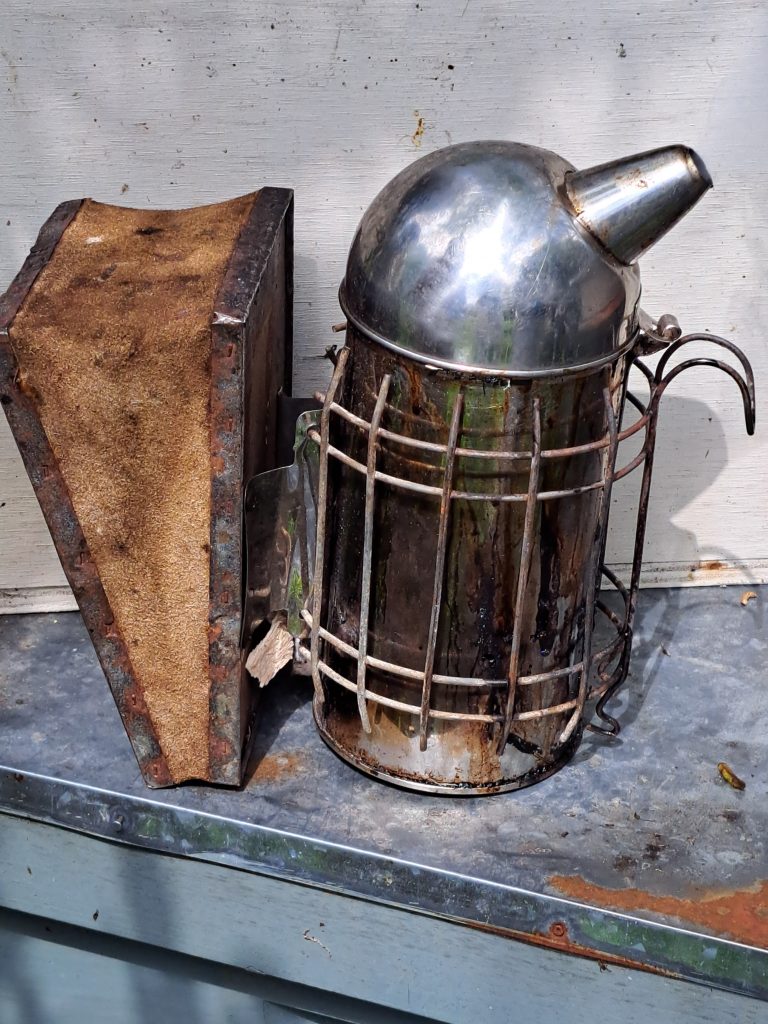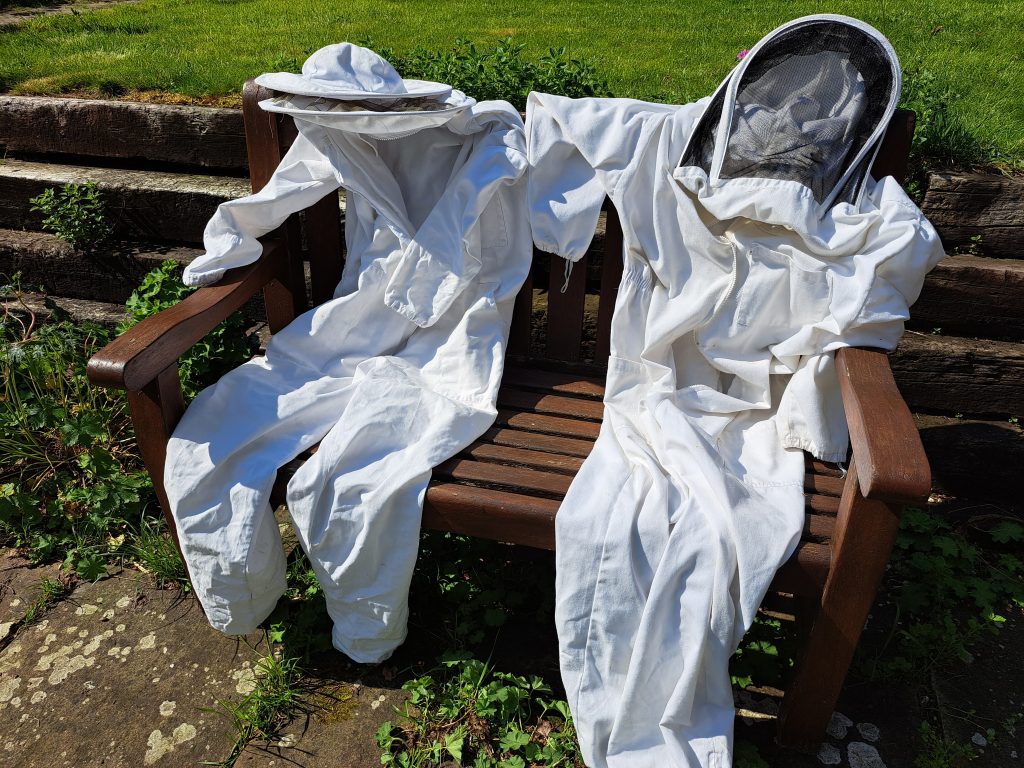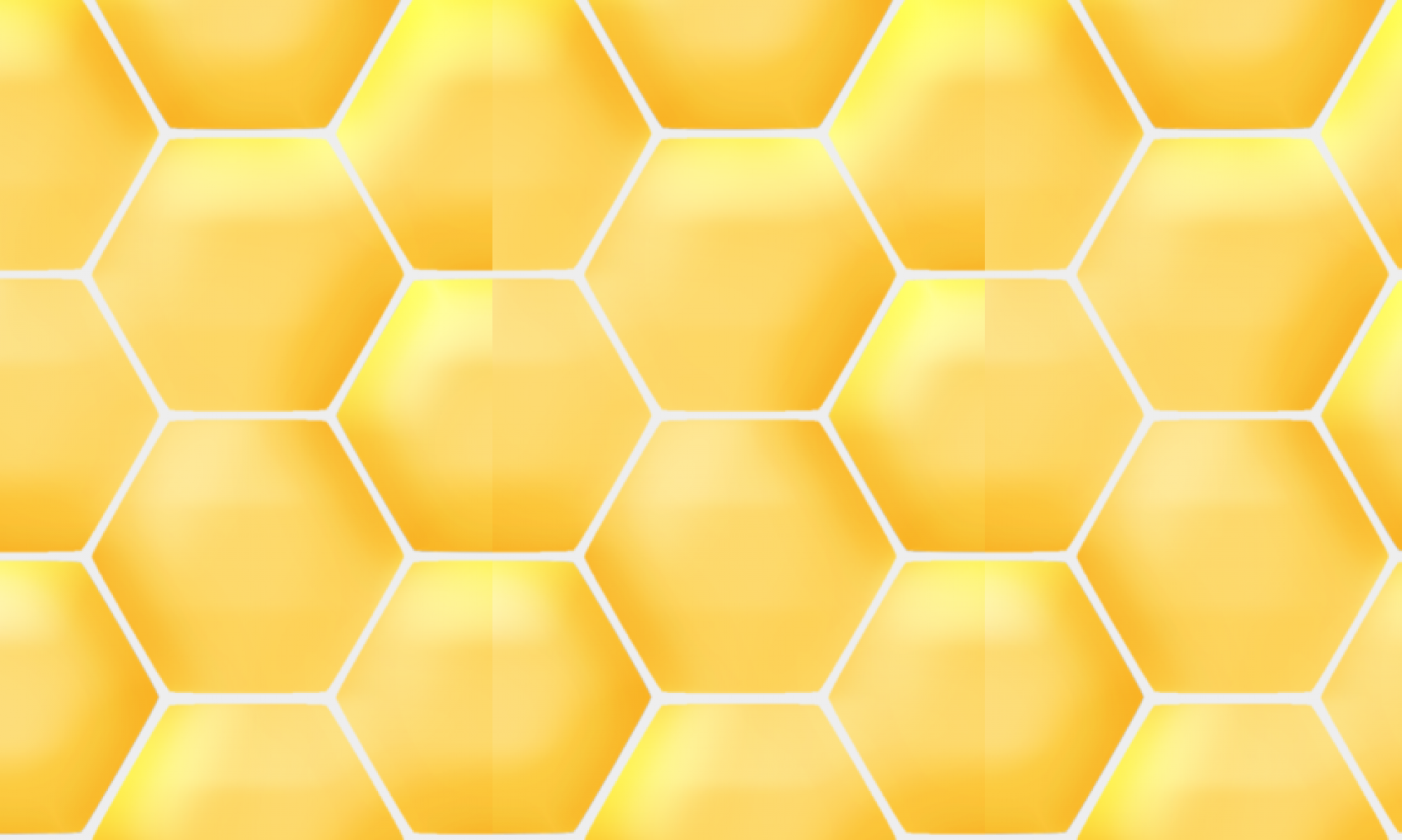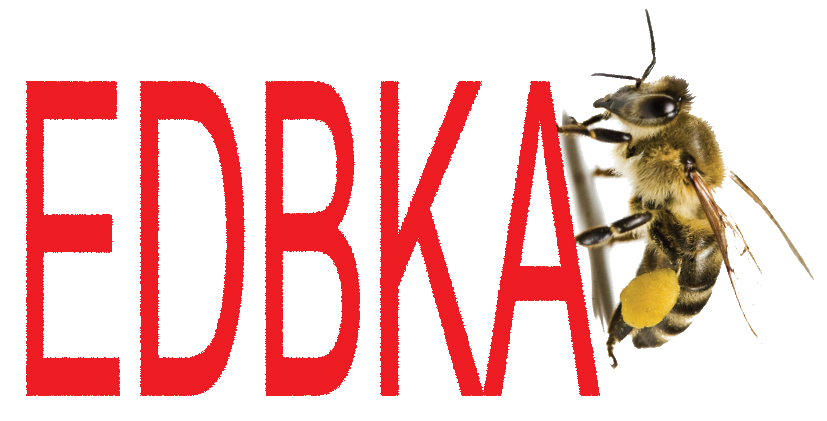If you look on the website for any of the beekeeping equipment suppliers you’ll find a huge range of different equipment and gadgets for sale. We’re not going to try to cover everything here but have set out below what we suggest as a priority when you first start to keep bees along with indicative budget. You can buy equipment second hand which potentially saves some money but it’s important that you know where it has come from and are confident that you will not be introducing disease to your bees. Any second hand equipment should be sterilised before you use it. Whether you buy new or second hand it’s worth speaking to other beekeepers before you commit.
- Bee hive and stand – there are a variety of different designs of hive available. A complete hive will normally include two or three boxes a floor, roof and queen excluder. If you are planning to have more than one hive it makes sense to go for the same design for each so that you can share equipment between them. Prices vary depending on the type of hive and the material but a flat pack hive would probably cost around £300.
- Frames and foundation (wax or plastic) for the bees to draw out into comb for laying eggs and storing pollen and honey. Frames and foundation for a hive with one brood box and two honey boxes (supers) would set you back around £100.
- A bee suit – costs vary but typically between £50 and £200
- A smoker – from £20 depending on quality
- A hive tool for prising the hive open and lifting frames – £10
- Gloves. Disposable nitrile gloves are ideal and can be bought in bulk.
- Feeder for feeding sugar syrup – £10
Wellington boots are not essential but definitely recommended unless you want to find bees sneaking inside your trouser leg.
New or secondhand
If you’re looking for new equipment or clothing the following is a (non-exhaustive) list of potential suppliers. Each link will open in a new tab.

Second-hand equipment can be a lot cheaper than buying new but does carry the risk of spreading disease. If you are thinking of buying second-hand equipment, just a few tips to be aware of:·
Make sure that anything you buy can be properly cleaned or laundered.
Check that any hive parts have been properly put together and are compatible with each other.
Avoid anything that has significant residues of honey, wax, propolis etc.
Sterilize metal tools before using (boiling, or blowtorching).
Sterilize hive parts using a blowtorch, paying particular attention to corners.
Second-hand frames are rarely a good idea.
Washing soda is good for removing propolis from tools and also for washing beesuits.


